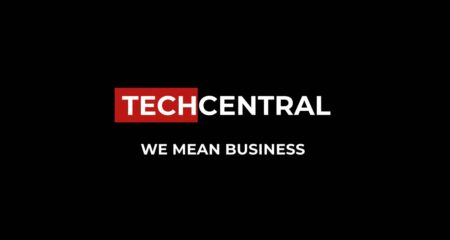 Formulating an effective digital marketing strategy is key for any organisation that wants to flourish in today’s digital times. A well thought-out, cleverly executed strategy can help companies achieve their desired goals, including driving brand awareness, growth and revenue, and improving their customer experience.
Formulating an effective digital marketing strategy is key for any organisation that wants to flourish in today’s digital times. A well thought-out, cleverly executed strategy can help companies achieve their desired goals, including driving brand awareness, growth and revenue, and improving their customer experience.
So how does a business go about developing a digital marketing strategy? In this series, I will set out a clear path for building an effective marketing strategy to drive your business forward.
The first step is to set out your aims and goals, because, without understanding where you want to be, you cannot create a clear path forward. Having well-defined goals helps to keep efforts and resources aligned and sets the business on a clear trajectory toward achieving its goals.
In addition, goals cannot be vague. To succeed, goals need to be Smart – specific, measurable, achievable, relevant and time-bound. Smart goals were developed decades ago by George Doran, Arhur Miller and James Cunningham, and were invented because they make goals not only easier to understand but easier to know when they have been reached.
If we look at each part of a Smart goal:
- Specific means the goal needs to clearly define what you hope to achieve. Instead of simply trying to increase sales, for example, you might want to increase sales of a range of products by 10%.
- Next, a goal needs to be measurable, which means that you can track and measure how close you are to reaching that goal. This includes defining all metrics that you will use to gauge success, such as which products are moving faster, which regions are experiencing the most success and suchlike.
- Then there’s the question of goals being achievable. For any goal to be reached, it must be realistic and attainable. No one is suggesting setting goals that are too easy; they should be challenging yet achievable with the resources that you have available.
- In terms of being relevant, all goals must be related to the company and its overall marketing objectives. Goals must align with the business strategy, and be integral to helping the business thrive, grow and succeed.
- Finally, goals must be time-bound, meaning that they cannot be open-ended with a “some point in the future” Setting a deadline will help you stay focused, and ensure the business is progressing towards the desired outcome.
Defining the business’s goals will help you create a realistic road map for a successful digital marketing strategy. Defining goals will help you establish the right tactics, avenues and messaging that can be used to help achieve them. If your goal is to sell more products, you might use tactics such as direct e-mail campaigns to advertise or search engine optimisation tools to increase your products’ search engine rankings.
Next time, I will unpack prioritising goals, as well as how to identify the ones that will have the greatest impact on your business.
Need help with your digital marketing? Reach out to Publishared by e-mailing [email protected].
- Read more articles by Publishared on TechCentral
- This promoted content was paid for by the party concerned




